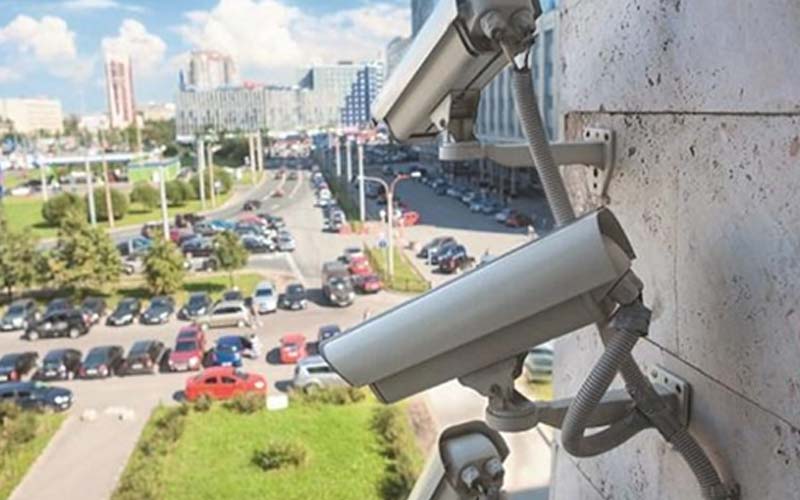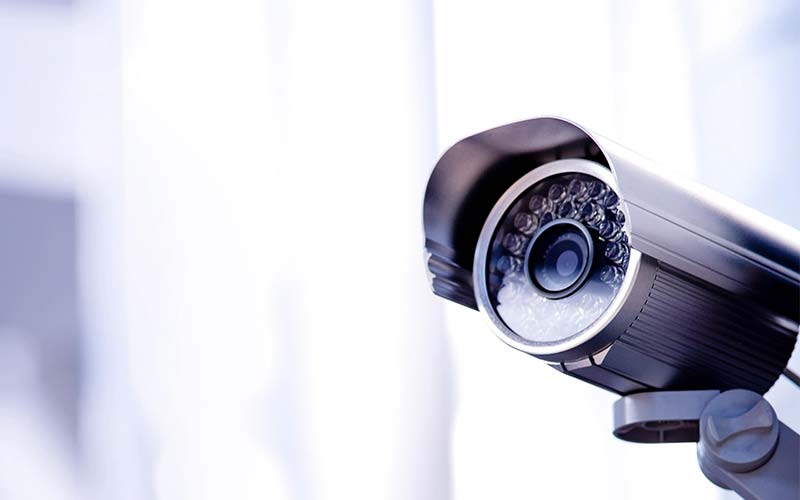A crisis can arise at any moment, and responsible business owners must plan accordingly to diminish the impact on business activity. This article will help you to understand the importance of integrating security into your business continuity plan.
What is Business Continuity?
Business continuity is a proactive plan to avoid and mitigate risks associated with a disruption of operations. It details steps to be taken before, during and after an event to maintain the financial viability of an organization.
The primary focus of a company’s business continuity plan should be preventing those events from occurring and diminishing their impact on business activity if they do occur.
Ways to Integrate Security into Business Continuity Plan
Interruption caused by unforeseen crises can have damaging effects on a business — both in financial health and reputation — if they are unable to mitigate the effects quickly and effectively.
Many business owners underestimate the impact that reliable security can have on changing the outcome of a crisis. An effective business continuity plan will include a number of security considerations.
Checking your security measures
Companies don’t always consider how the security controls they have in place during regular operation might fare in the event of a disruption.
Your deployed security measures — which may include CCTV, access control systems, intruder alarms, physical security and/or IT security — should be tailored to the types of threats your company is likely to encounter, in both regular and disaster circumstances.
Care should be given on a quarterly basis to thoroughly evaluating the robustness of each of your company’s security measures to make ensure those controls can continue to stand during a downtime scenario.
Vetting employees and clients
Fraud and/or theft by an employee, client, or vendor can be a jarring discovery. All company employees should be security vetted upon hire, or at the very least reference checked. It might also be helpful to credit check clients or vendors to surface any potential warning flags early on.
Training security staff for assistance in disaster situations
Well-trained security staff can act fast during a disaster or disruption to help with evacuations, liaise with emergency services, and assist in coordinating a response. They can also prevent unwanted visitors from entering the premises, and/or inspect and report any suspicious packages.
Make the most of your security team’s’ skills through rigorous staff training, and incorporate them into the business continuity plan where you can.
Managing civil disorder
In recent years, protests and riots around the United States have cost businesses untold numbers in damages and disruption. Many companies are simply not prepared to manage this kind of emergency.
Take a proactive approach in developing rioting policy and procedures and outline them into your company’s business continuity plan. This may include implementing lockdown procedures, activating your business security system, and defining roles and responsibilities for when these type of events occur.
Designating a recovery team
Designating members of your security team to begin helping immediately after a disaster can save precious time and get your company back in business faster.
One of the first things the recovery team can do after a disaster is to begin reviewing security footage and logs to collect as much information about the incident as possible for insurance companies and law enforcement.
If you do not have dedicated security personnel for your organization, it will be important to make sure your recovery team is familiar with your business security system setup. Your business security solutions provider may be able to help.
Testing the plan
After your business continuity plan is developed, it should undergo exhaustive testing to surface any gaps or defects before it is approved for final implementation.
During initial testing, have your security team walk through each section of the plan and document the testing process and results, before engaging in testing with the rest of your employees.
Once the testing process is firm, the plan should be exercised on a regular basis to make sure everyone knows what they are supposed to be doing in the effect of an actual emergency.
Want to Learn More About Securing Your Business?
Visit our website to learn more about how a monitored commercial security system can protect your business and integrate into your business continuity plan. Or give us a call at 800-334-3272













